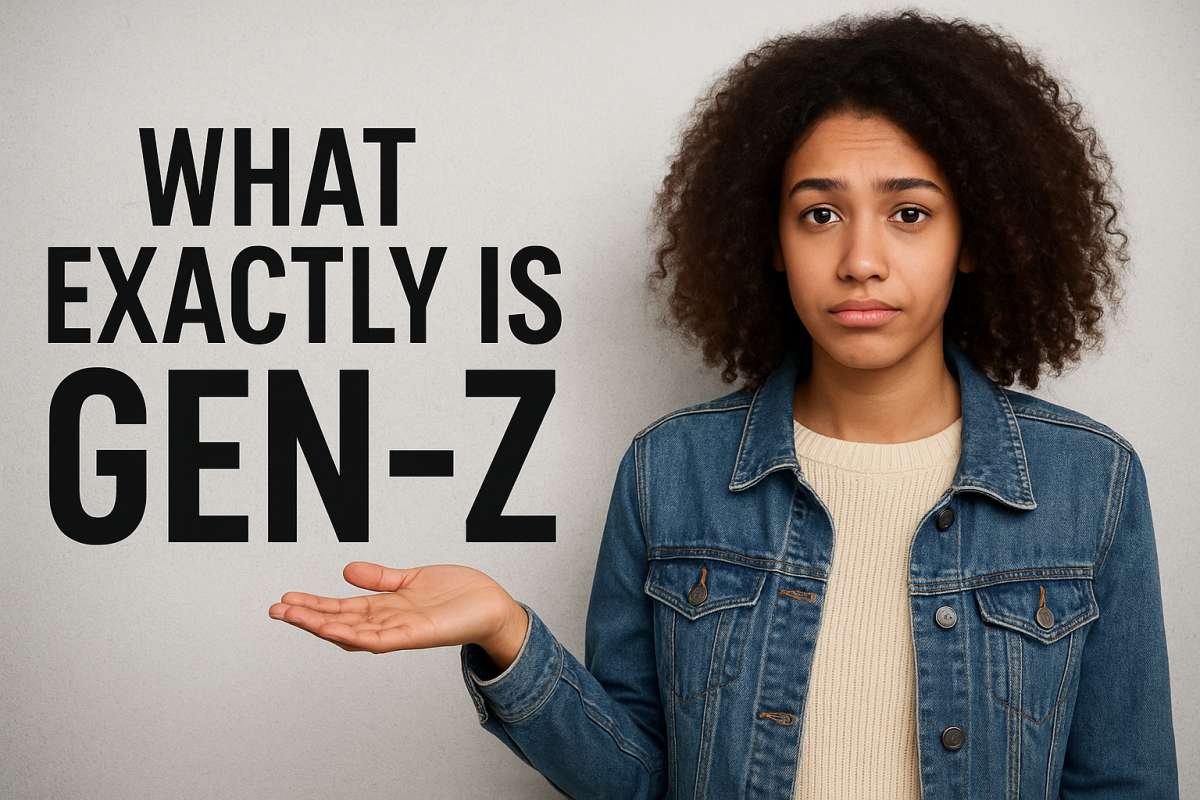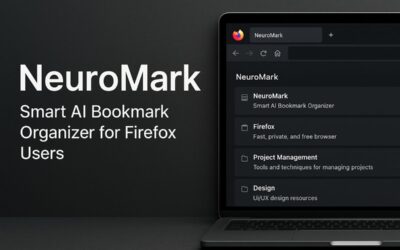What Exactly Is Gen-Z and Why Everyone Talks About Them

Gen-Z, short for Generation Z, refers to people born roughly between 1997 and 2012. They are the first truly digital-native generation, growing up with smartphones, social media, and instant access to information. Everyone talks about them because their unique habits, values, and cultural influence are reshaping industries, redefining trends, and even influencing politics and global conversations. From TikTok dances to climate activism, Gen-Z is at the center of attention in 2025 and beyond.
Who Is Gen-Z?
The Birth Years
While the exact dates vary depending on the source, most researchers define Gen-Z as those born between 1997 and 2012. This places them right after Millennials and before Generation Alpha.
- Oldest Gen-Zers (1997-2000s) are now in their mid to late 20s, entering careers, marriage, and even parenthood.
- Youngest Gen-Zers (2010-2012) are still teenagers navigating high school.
This wide age span makes Gen-Z both consumers and trendsetters.
Digital Natives
Unlike Millennials who grew up with dial-up internet, Gen-Z was raised in a world already shaped by the digital revolution. Smartphones, Wi-Fi, streaming platforms, and social media have always been part of their lives. For them, Googling is natural, YouTube is a classroom, and TikTok is both entertainment and education.
Why Is Gen-Z So Hyped?
1. They Shape Culture Online
Gen-Z dominates TikTok, Instagram, YouTube Shorts, and Snapchat. Viral trends, memes, and challenges usually start with them. Brands, musicians, and even politicians watch Gen-Z trends to stay relevant.
2. They Influence Spending Power
Even though many Gen-Zers are young, their influence on global spending is huge. According to recent reports, they directly and indirectly influence trillions of dollars in spending. From fashion to food, Gen-Z preferences push companies to adapt quickly.
3. They Demand Social Responsibility
Gen-Z is known for caring about climate change, inclusivity, and diversity. They push brands to be transparent, ethical, and environmentally friendly. Companies that ignore these values risk losing Gen-Z’s trust.
4. They Redefine Work and Career
Unlike older generations, Gen-Z does not believe in staying in one job for decades. They prioritize work-life balance, mental health, and flexibility. Many even embrace freelancing, side hustles, and digital entrepreneurship.
Gen-Z’s Unique Characteristics
Tech-Savvy and Always Connected
- Grew up with smartphones, social media, and streaming.
- Learn through YouTube and TikTok instead of textbooks alone.
- Value speed, convenience, and innovation.
Short Attention Span but High Awareness
- Critics say Gen-Z has short attention spans due to constant scrolling.
- However, they are quick learners who can filter information efficiently.
Mental Health Awareness
- Gen-Z openly talks about anxiety, depression, and therapy.
- They normalize self-care, mindfulness, and seeking help.
Global Perspective
- Through the internet, they are exposed to diverse cultures.
- They are more open-minded, socially aware, and globally connected.
How Gen-Z Differs from Millennials
| Aspect | Millennials (1981–1996) | Gen-Z (1997–2012) |
|---|---|---|
| Tech Introduction | Witnessed rise of internet | Born into digital world |
| Communication | Texting & Facebook | TikTok, Snapchat, Reels |
| Career Mindset | Job security focus | Flexibility & freedom |
| Shopping Habits | Online + in-store | Mobile-first, influencers |
| Social Values | Environmental awareness | Deep activism & inclusivity |
Why Everyone Talks About Gen-Z in 2025
They Are the Workforce of the Future
By 2025, Gen-Z makes up a large share of the global workforce. Companies must adapt to their expectations—flexible hours, hybrid work, and mental health benefits.
They Redefine Marketing
Traditional ads don’t work on Gen-Z. They trust influencers, peer reviews, and authentic content more than billboards or TV commercials. This has transformed marketing strategies across industries.
They Drive Political and Social Movements
From climate marches to online petitions, Gen-Z uses digital platforms to amplify social causes. Politicians and leaders must listen to their voices to stay relevant.
They Are Consumers of the Future
With rising incomes, Gen-Z is shaping future markets—from eco-friendly fashion to cryptocurrency adoption. Brands that capture their loyalty now will thrive in the coming decades.
Challenges Faced by Gen-Z
While Gen-Z is often celebrated, they also face unique struggles:
- Mental Health Pressure – Constant comparisons on social media lead to anxiety.
- Economic Uncertainty – Inflation, housing costs, and unstable job markets create stress.
- Information Overload – They must navigate misinformation in a hyper-connected world.
- Identity Exploration – They feel pressure to express individuality while also fitting into trends.
The Future of Gen-Z
As Gen-Z matures, their influence will only grow. They are not just trend followers—they are trendsetters. By 2030, Gen-Z will dominate the global workforce, consumer markets, and cultural landscape.
Businesses, educators, and policymakers who understand Gen-Z today will be better prepared for tomorrow.
Wrapping It Up: The Gen-Z Effect
So, what exactly is Gen-Z and why does everyone talk about them? They are the digital-first, socially conscious, trend-setting generation reshaping the world in real time. Their impact goes beyond memes and TikTok dances – they are influencing economics, culture, politics, and even the way we think about the future.
If Millennials were the bridge to the digital world, Gen-Z is the generation building the future with it. That’s why everyone – from marketers to educators to governments—can’t stop talking about them.









